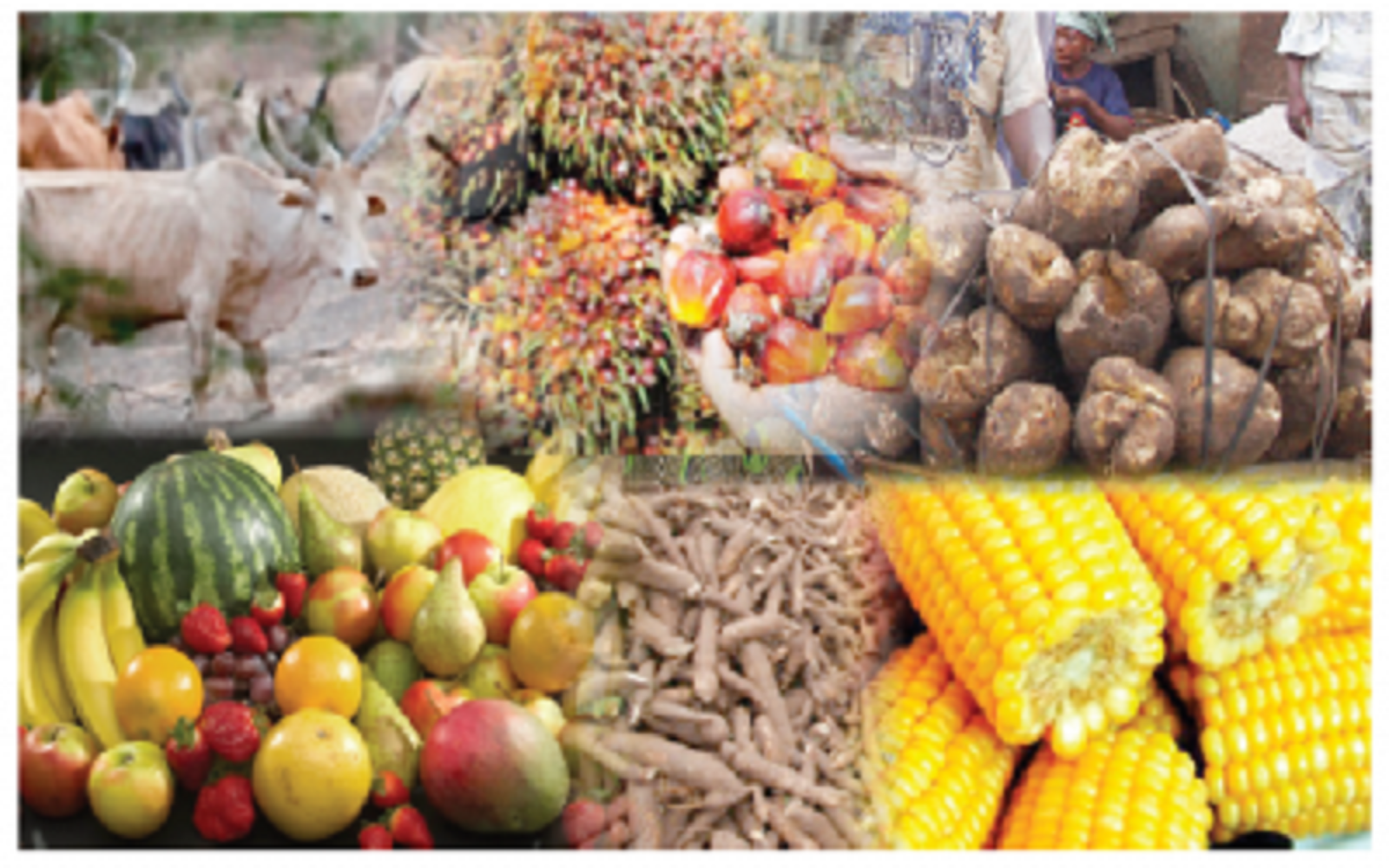The headline inflation is important for investors as an indicator of the health of the economy. However, for consumers, the rate of inflation can be a less reliable measure of changes in their spending power. Our research suggests that, depending on your spending patterns, you may be facing higher inflationary pressures than you realize.
The methodology used for the study involved assigning weights to the Classification of Individual Consumption According to Purpose (COICOP) indices based on the results of the Consumption Patterns Survey conducted by the NBS in 2009/2010.
[READ ALSO: Inflation rate increases to 11.44% in December 2018]
Headline inflation went up recently, largely due to seasonal adjustment in food prices. According to the Statistics Bureau, inflation rose to 11.40% y/y in May from 11.37% y/y in April. Using the consumption expenditure approach, inflationary pressure in May is slightly higher at 11.72% y/y than the mainstream headline inflation (11.4%).
This is due to a higher weighting ascribed to food and non-alcoholic beverages in the consumption expenditure price composite (61.57% vs. 51.8% in the conventional CPI) based on the results of the Consumption Patterns Survey. This suggests that consumers who spend more of their income on food tend to experience higher inflationary pressures than those represented by the conventional CPI.
READ FURTHER: FSDH Merchant Bank predicts a further decline in Nigeria’s inflation rate

In conclusion, we experience inflation in different ways depending on how we spend our money. The brunt of higher inflation is borne by low-income earners who spend the bulk of their earnings providing for necessities (food, housing & utilities). Their spending power diminishes faster than that of the middle-income and high-income earners.
They have next to nothing left, after making the necessary provision, and can hardly take advantage of opportunities that have the potential to provide inflation-beating returns. Therefore, they have to work harder or smarter- so as to improve their earnings- to enable them to escape the inflation trap.
[READ THS: Nigeria’s inflation expected to maintain double-digit in the next one year]
________________________________________________________________________
CSL STOCKBROKERS LIMITED CSL Stockbrokers,
Member of the Nigerian Stock Exchange,
First City Plaza, 44 Marina,
PO Box 9117,
Lagos State,
NIGERIA.












